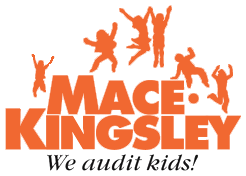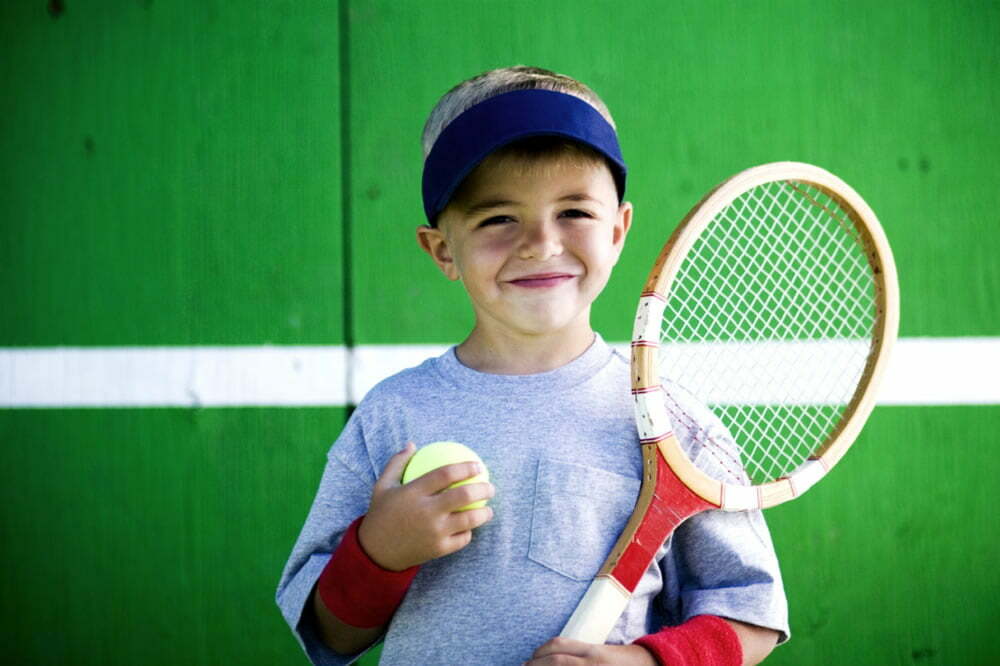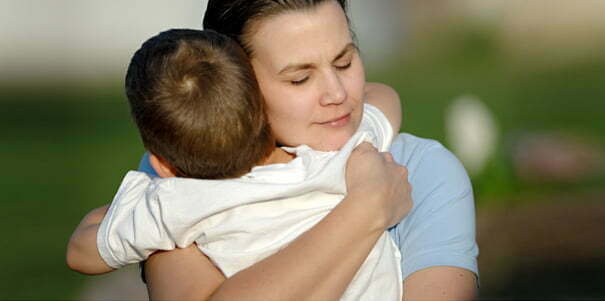Today I want to talk about survival and what it is really, the different forms it can take and what it has to do with ourselves and our children. After all “survive” is the dynamic thrust of life. It is what we are doing and accomplishing in every act that we do from the moment we wake up to the moment we go to bed; from the time of creation to the time of destruction. (To get more information about this there is an excellent DVD you can get by contacting us here).
So let’s start at the beginning: Oneself! In 2002 I became a community volunteer and trained in the CERT (Community Emergency Response Team) program under the Emergency Operations Center for my county. CERT is a team of neighborhood everyday people who train and agree to work with the civil authorities of their community in the event of a large debilitating disaster such as a flood, hurricane, earthquake, tornado or terrorist attack etc.
During these times the police department, fire department, hospitals and other emergency agencies become so overloaded that it is easy for large groups of people who are not the highest priority to handle, to be left without medical attention, first aide, shelter, food, water and supplies. It is the job of CERT to understand and know how to triage* a situation and bring help and control to an area until the proper authorities arrive. CERT members have helped save lives and made lives bearable until the cavalry arrives. They also often are the team that provides supplies and aide to the rescue workers themselves.
I thought it might be interesting to apply these same lessons learned from the CERT training to parenting as they seem to follow the same very workable technology we use at Mace-Kingsley Family Center.
One of the first thing that a CERT member learns is that in time of a disaster the first person you attend to is YOURSELF. From a parent’s perspective at first this might sound rather selfish. How many times have you put off going to the dentist so your child could go first? How many times have you given up something fun you wanted so your child could get something they wanted? But in the case of real survival think about it: if you out of the action there is no one to get your child that toy, or their food or anything. If you are constantly giving up things you enjoy and love and your hopes and dreams, it won’t be long before depression sets in. So it is not just a physical thing. You must find time to create your life in the way that makes you happy. It is not just to a way to ward off depression. It is also a way to give our children a reason to grow up. Why would anyone want to grow up if being an adult means constant sacrifice, sadness and depression? So it becomes important to survive well and survive well for ourselves. Surviving well creates true pleasure.
The next thing you learn as a CERT member is to then attend to your family. Ensure everyone is well and all trauma’s handled. Any injuries are given first aide and safety is secured.
And we can apply that to parenting: People tend to do better on this when it comes to their kids. But it would be an even greater survival if the children’s “play” and enjoyments came from learning to organize, camp out, sew, find food, and build things from scratch; cook, how to exchange services for services or money and how to help others. I’m talking about activities and games that, if in the event of a sudden shift in the environment or a real disaster, they would then have the skills to survive. I’m talking about real hands-on activities where they actually use their muscles, not computer games.
Also, talking to our children about the “pleasures” of sex is important. The discussion that it is not just being physically pleasured but the pleasure of sharing and caring for each other and of helping each other as a team to attain our goals is sometimes missed. There is true pleasure in helping and watching someone you love win. I’ve never heard it otherwise. OK, so sometimes the “helping” part is not the fun part but watching the win is and I’ve never seen it where their win is not also to some degree your own win, thereby feeding the survival of oneself.
In the media we are bombarded with the “pleasures” and intensity of the sexual act itself. That message is “pleasure and survival for self”. This does not necessarily provide the greatest survival for the human race, as rising statistics of sexually transmitted disease prove. Nor does it bring joy and true long term pleasure. Let’s face it – we live on planet Earth in human bodies and human bodies were designed so that the sensation of sex is pleasurable with the end goal that we will procreate. And the time of greatest desire is when the bodies are young. So yes, our teens will want to have sex. It is not a bad thing; it is the way the body is designed. Therefore, let us give them the tools to control that urge wisely so they can create the greatest survival potential for themselves and the rest of their family. Teach them all the information they need to help them temper those cravings with intelligence and the ability to plan, organize and decide on when the best time to embark on an intimate relationship is going to be the most pro-survival.
It is only after the last two are secured that then CERT teaches you to handle your neighbors and friends and your community. And in keeping with that, it is important to teach our children in word and by way of example, the importance of creating and caring for their community and groups. Join with your children some of the many community projects created to help others. You can check with your town/city, county and local church groups. You don’t necessarily need to be a member of a particular church to help them feed the homeless, or tutor children on their school work. They are often happy to just let you help. Good groups help families and individuals survive well. When you contribute well to a constructive group, they are better able to contribute well to you, whether it be your job, school, neighborhood-watch or church. This provides better survival for you and your family.
In keeping with these lessons, there are other dynamic thrusts on which we survive and while the CERT training does not go over these it could be easy to see how for instance Mankind would benefit if each group, country took care of themselves and then contributed to other countries with the idea of helping each other survive.
In fact, there are eight different ways in which we survive and the data on all eight can be found in information that can be provided by Mace-Kingsley Family Center (www.macekingsley.com or 727-442-3922). Avail yourself of this data and use it to enhance your survival and to ensure the survival of your family!
*Triage: The process of sorting victims as of a battle or disaster, to determine medical priority in order to increase the number of survivors.
Wishing you the greatest survival potential,
Diane DiGregorio Norgard
Mace-Kingsley Family Center
727-442-3922





